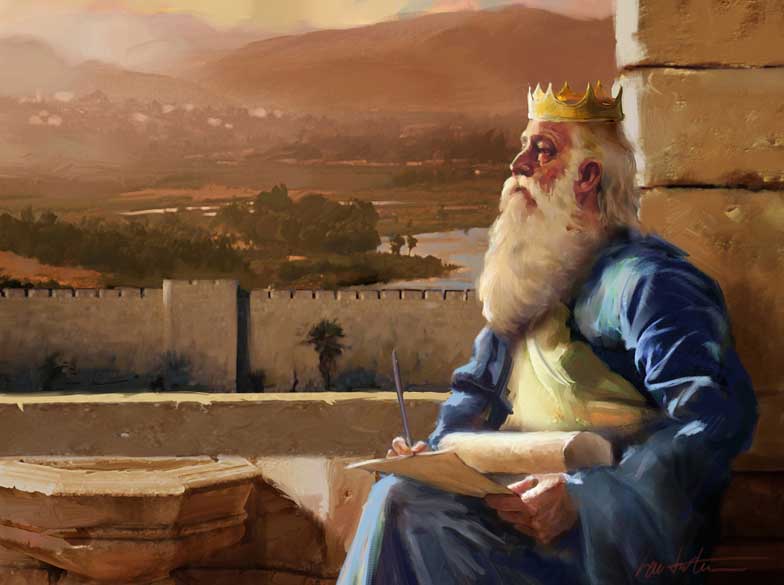1. Is there a play that is going to be weighted heavier on the test?
- No.
2. About which play does Northrup Frye say that critics have been making faces because it upsets the normal conventions of comedy?
- "Alls Well That Ends Well"
3. A great reckoning in a little room may be a reference to?
- Christopher Marlowe
4. These are counselors that ________.
- Feelingly persuade me what I am.
5. What name does Rosalind take for her male role?
- Ganymede
6. What kind of speech acts are committed in the seven stages of life?
- the baby: mewling, the schoolboy: whining, the lover: sighing, the soldier: in strange oaths, the justice: through wise saws, the pantaloon: manly voice to child-like or whistling, the final scene: second childishness and mere oblivion, or silence
7. What does miles gloriosus mean?
- The braggart soldier
8. Which character in All's Well is an example of miles gloriosus?
- Parolles
9. Who does Puck address in his final speech?
-A wide variety of audiences
10. What profession does Jacques want to pursue? What is he going to do at the end of the play?
- Join Duke Frederick and become a holy man
11. Why is the clown, Lavache in "As You Like It" getting married?
- The devil drive, lust
12. What is the term used for an unexpected power or event saving a seemingly hopeless situation?
- Deus exmachina
13. What two levels are stressed in this class for understanding Shakespeare?
- Mythological and historical
14. What does T.S. Elliot say about Shakespeare?
- We can only be wrong about him in a new way.
15. According to Borges' essay, who is Shakespeare?
- He is everything and nothing.
16. According to Frederick Turner, the human mind has the power to encompass what?
- The entire universe
17. What god descends from the sky in the end of "As You Like It"? or Who is the deus exmachina in "As You Like It"?
- Hymen
18. What is neologism?
- Create your own neologism. Coin your own word, can't exist in the dictionary and must give your own definition
19. What term did Keats use to refer to an artisit ridding himself of everything?
- Negative Capability
20. Orlando is to Rosalind as Touchstone is to who?
- Audrey the country wench
21. The metaphor of turning lead into gold refers to what?
-Turning water into wine.
22. What does Touchstone mean when he talks about time?
- Rot and Ripen
23. What is a hieros gamos?
- Sacred marriage (relationship to Bottom visiting Titania)
24. What is the meaning to the word "wood" in AMSND?
- The outskirts of town.
25. The first fourteen or fifteen sonnets had to do with what theme?
- Gaining immortality through babies
26. Sonnets eighteen and nineteen, the theme changes to?
- Gaining immortality through mind babies
27. What does Hughes say is Shakespeare's consuming myth?
- Venus and Adonis
28. What is the term Northrup Frye gives to the mythological significance of the Forest of Arden?
- The green world
29. We are their _____ and ______.
- Parents and originals
Words To Know
- Paranomasia: word play with humorous or rhetorical effect
- Sigil/Seal: inscribed/painted symbol considered to have magical power
- Displaced Myth: all literature is traced to mythological backgrounds
- Senex: wise old man
- Metempsychosis: transmigration of the death of a soul of a human into another body
- Masque: amateur dramatic entertainment
- Green World: tendency for dramatist to use woods for sanctuary from a city
Readings to Be Familiar With
- Turner's
"School of Night"
- Northrop Frye's
"Argument of Comedy"
- Borge's
"Everything and Nothing"










